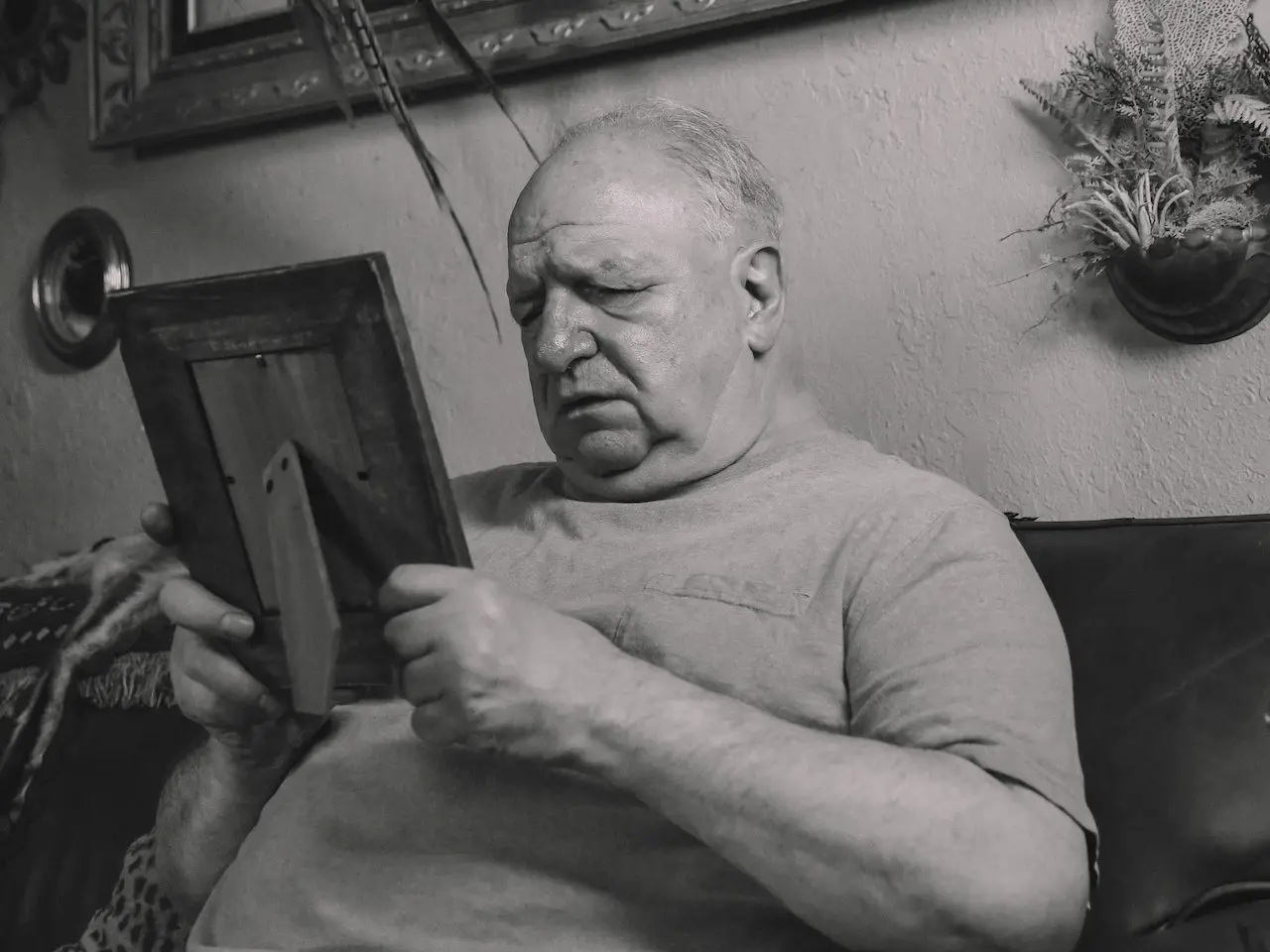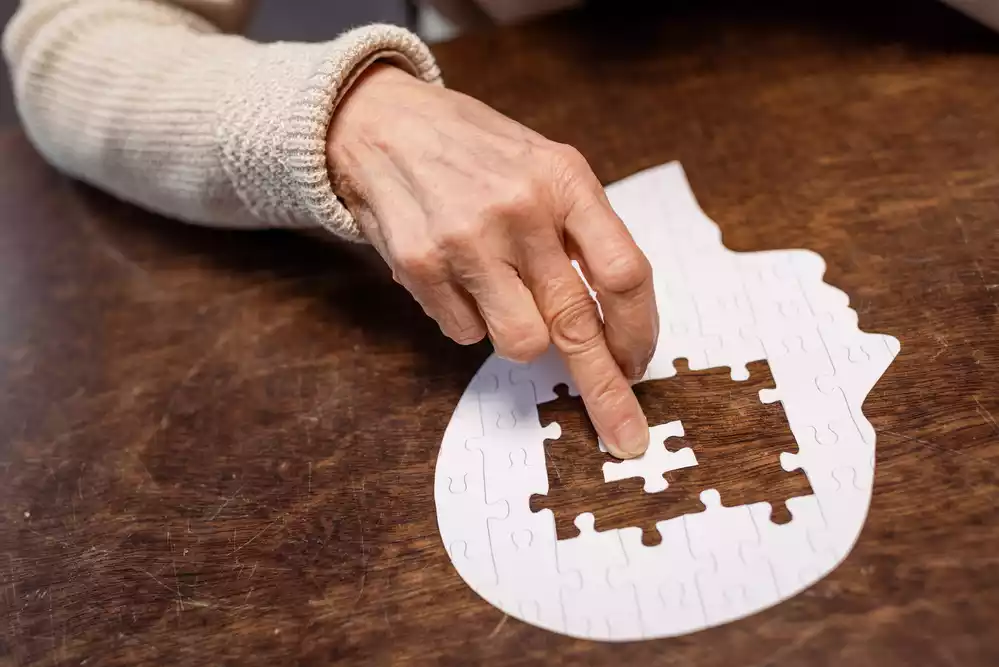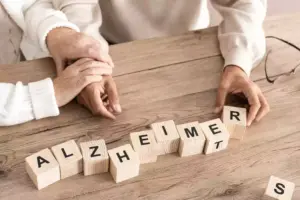As individuals age, caregivers often play a critical role in observing and responding to changes in their health and behavior. A major concern for caregivers is identifying cognitive decline in those they care for, allowing for early intervention and effective management. Timely recognition of cognitive changes can make a significant impact on treatment options and quality of life, providing caregivers with an essential tool for support and planning.
Recognizing initial signs of cognitive decline
Identifying cognitive decline involves being vigilant about changes in memory, thinking skills, and behavior. While occasional forgetfulness is common as we age, persistent and worsening cognitive issues may signify more serious conditions such as Alzheimer’s disease or other types of dementia.
Memory lapses
Memory issues are often the most noticeable sign of identifying cognitive decline. Caregivers should be attentive to:
- Frequent forgetfulness that disrupts daily life, such as missing appointments or constantly misplacing belongings.
- Repeatedly asking the same questions or repeating stories within the same conversation.
- Difficulty recalling names or familiar words.

Trouble with familiar tasks
Difficulty with routine activities can be a clear indicator of identifying cognitive decline. This might involve:
- Struggling to complete tasks they have done independently throughout their life, such as cooking a favorite recipe or paying bills.
- Becoming confused about the order of operations needed to complete activities.
Problems with language
Watching for changes in communication skills can be crucial. Signs include:
- Difficulty finding the right words during conversation, often substituting words or stopping mid-sentence.
- Trouble understanding or following along with simple conversations or instructions.
Disorientation and confusion
Cognitive decline may manifest as disorientation:
- Getting lost in familiar places or having difficulty navigating once-known locations.
- Not recognizing familiar faces or frequently forgetting where they are.
Behavioral and mood changes in cognitive decline
Beyond cognitive aspects, caregivers should monitor for changes in mood and behavior, which can be crucial in identifying cognitive decline.
Mood swings and apathy
Sudden or uncharacteristic mood swings can suggest cognitive decline. These may include:
- Unexplained irritability, anxiety, or agitation.
- Loss of interest in hobbies or social withdrawal from friends and family.
Poor decision making
Impulsive decisions or actions that don’t seem in keeping with past behavior can be a red flag:
- Handling money poorly, such as giving away large amounts of money to telemarketers or strangers.
- Neglecting self-care or personal hygiene, indicative in identifying cognitive decline.
Changes in personality
Personality shifts can be alarming indicators:
- Becoming suspicious, fearful, or significantly more withdrawn.
- Experiencing changes in personality such as increased depression or paranoia.

Early intervention and management
Once you notice signs of cognitive decline, taking steps towards intervention is essential. Early intervention can slow progression and improve quality of life.
Consult a healthcare professional
Engage with a healthcare provider for evaluation. A medical professional can determine whether cognitive decline is due to treatable conditions such as vitamin deficiencies or thyroid problems, or if it is linked to dementia.
Developing a care plan
Create a care strategy that includes:
- Daily routines that provide structure and familiarity.
- Activities designed to engage cognitive skills, such as puzzles or memory games.
- Regular physical activity to improve mood and brain health.
Support systems and education
Educate yourself and others involved in care about the progression and management of cognitive decline. Online resources, support groups, and community programs can provide valuable information and connections.
Managing cognitive decline with empathy
Caring for someone experiencing cognitive decline requires empathy, understanding, and patience. Here are ways to assist effectively:
Communicate clearly
Use clear, simple language and speak in a calm voice. Be attentive and patient, allowing time for the individual to respond.
Maintain a safe environment
Ensure living spaces are adjusted to reduce risks, such as using night lights to prevent falls or organizing medications with reminders.
Encourage social engagement
Promote social interactions and community involvement to reduce feelings of isolation and anxiety. Organize family visits or encourage participation in local activities tailored to their abilities.
Embracing a supportive role as a caregiver
Identifying cognitive decline is a vital role that caregivers play, and being watchful for early signs is crucial in providing care and support. The goal is to address these changes with sensitivity and proactive measures. By doing so, caregivers can ensure that those affected by cognitive decline receive the support and care they need.

Casa de Retiro El Mirador: A leader in memory care
At Casa de Retiro El Mirador, we offer specialized care for individuals experiencing cognitive decline. As a leading provider of memory care Mexico, our programs emphasize empathy, comprehensive support, and proactive management to improve the quality of life for our residents. Contact us today to learn more about how we can support you and your loved ones.








